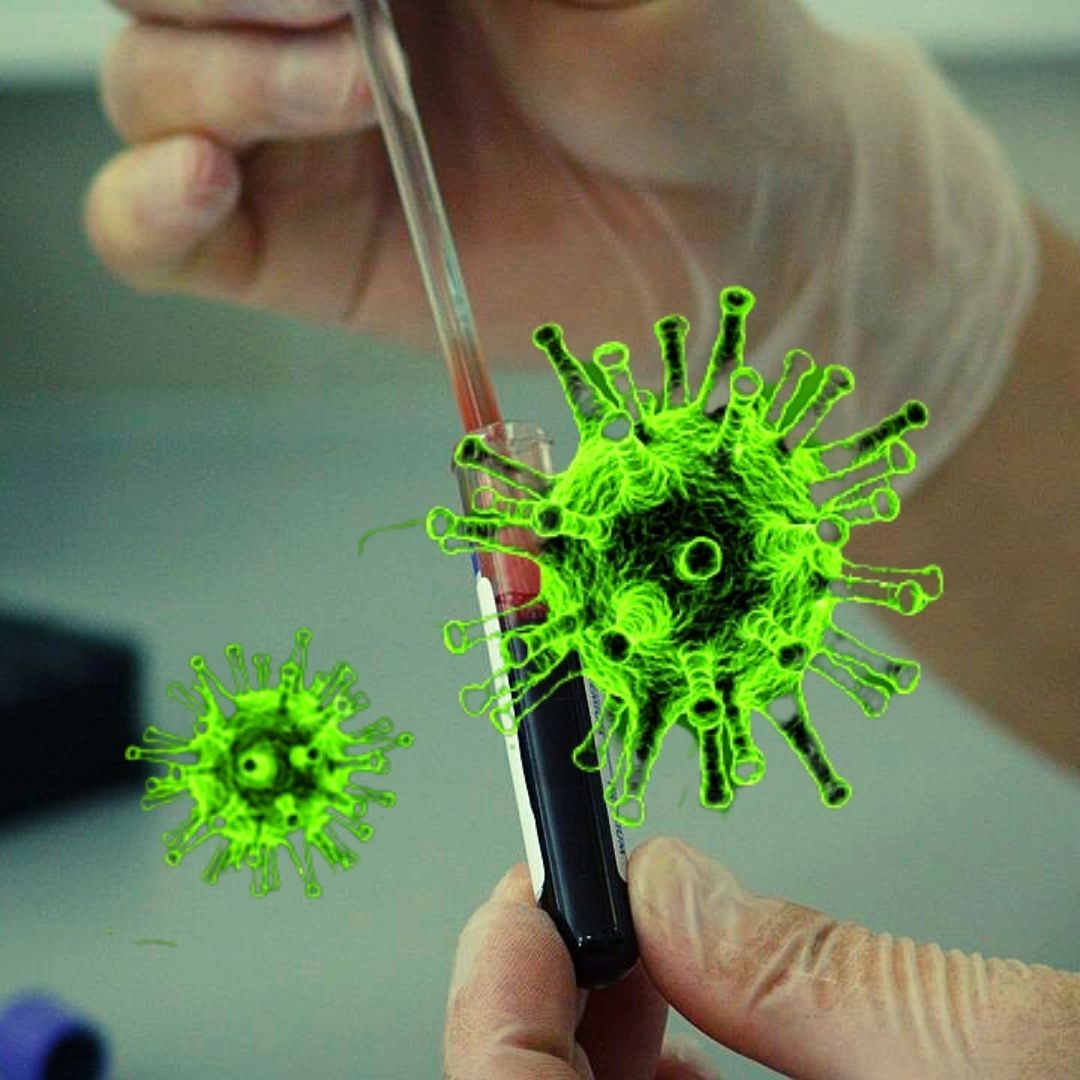Here's How On This Day In 1984, American Scientist Disclosed AIDS Virus And Made A Premature Promise
Writer: Tashafi Nazir
For most people, journalism sounds hectic and chaotic. For her, it's a passion she has been chasing for years. With an extensive media background, Tashafi believes in putting efforts on presenting a simple incident in the most interesting way.
Others/World, 23 April 2022 9:25 AM GMT
Editor : Shiva Chaudhary |
A post-graduate in Journalism and Mass Communication with relevant skills, specialising in content editing & writing. I believe in the precise dissemination of information based on facts to the public.
Creatives : Tashafi Nazir
For most people, journalism sounds hectic and chaotic. For her, it's a passion she has been chasing for years. With an extensive media background, Tashafi believes in putting efforts on presenting a simple incident in the most interesting way.
The discovery of a virus which causes AIDS has been hailed as a "monumental breakthrough" in the history of medical research. The development was first announced in Washington by US Health Secretary Margaret Heckler on April 23, 1984.
HIV (human immunodeficiency virus) has been one of the most sobering public health challenges the humanity has ever faced. According to the World Health Organisation (WHO), 79.3 million [55.9–110 million] people have been infected with HIV since the beginning of the epidemic, and 36.3 million [27.2–47.8 million] people have died of it.
Globally, 37.7 million [30.2–45.1 million] people lived with HIV at the end of 2020.
The discovery of a virus which causes AIDS, if not treated, has been hailed as a "monumental breakthrough" in the history of medical research. The development was first announced in Washington by US Health Secretary Margaret Heckler on April 23, 1984.
"The probable cause of AIDS has been found- a variant of a known human cancer virus," she said.
According to a BBC report, Heckler said the virus was a variant of a known human cancer virus called HTLV-3. A blood test was developed, preventing the tragedy of transfusion patients contracting the disease through tainted blood products. She also stated that a vaccine to prevent AIDS might be ready for testing in two years.
Named HIV In 1987
AIDS, or Acquired Immune Deficiency Syndrome, weakens the immune system, leaving its patients open to a series of wasting diseases. Those who appear to be more at risk of contracting Aids include homosexuals, haemophiliacs, drug users and those who have received blood transfusions.
The HTLV-3 virus was discovered to be the same as the Lymphadenopathy Associated Virus (LAV) found in France at that time. To avoid confusion, it was renamed HIV in 1987.
Although billions of dollars have been spent trying, no successful vaccine has yet been developed. However, scientists are working to create one. The National Institutes of Health (NIH) invests in multiple approaches to prevent HIV, including a safe and effective preventive HIV vaccine.
Since the beginning of the HIV epidemic, a series of drugs have been developed which significantly prolong the lives of people who are HIV positive.
 All section
All section















